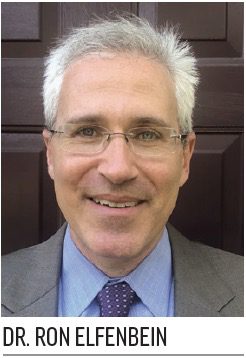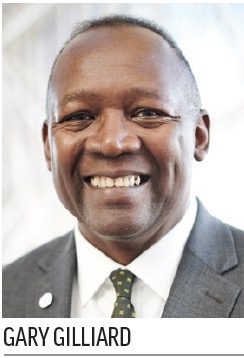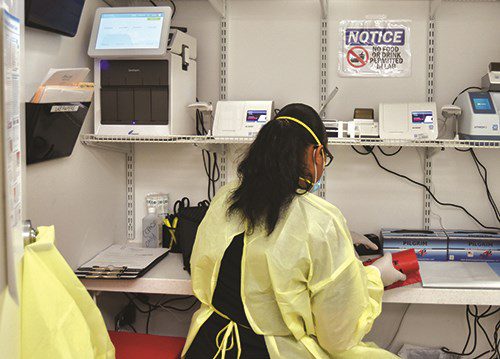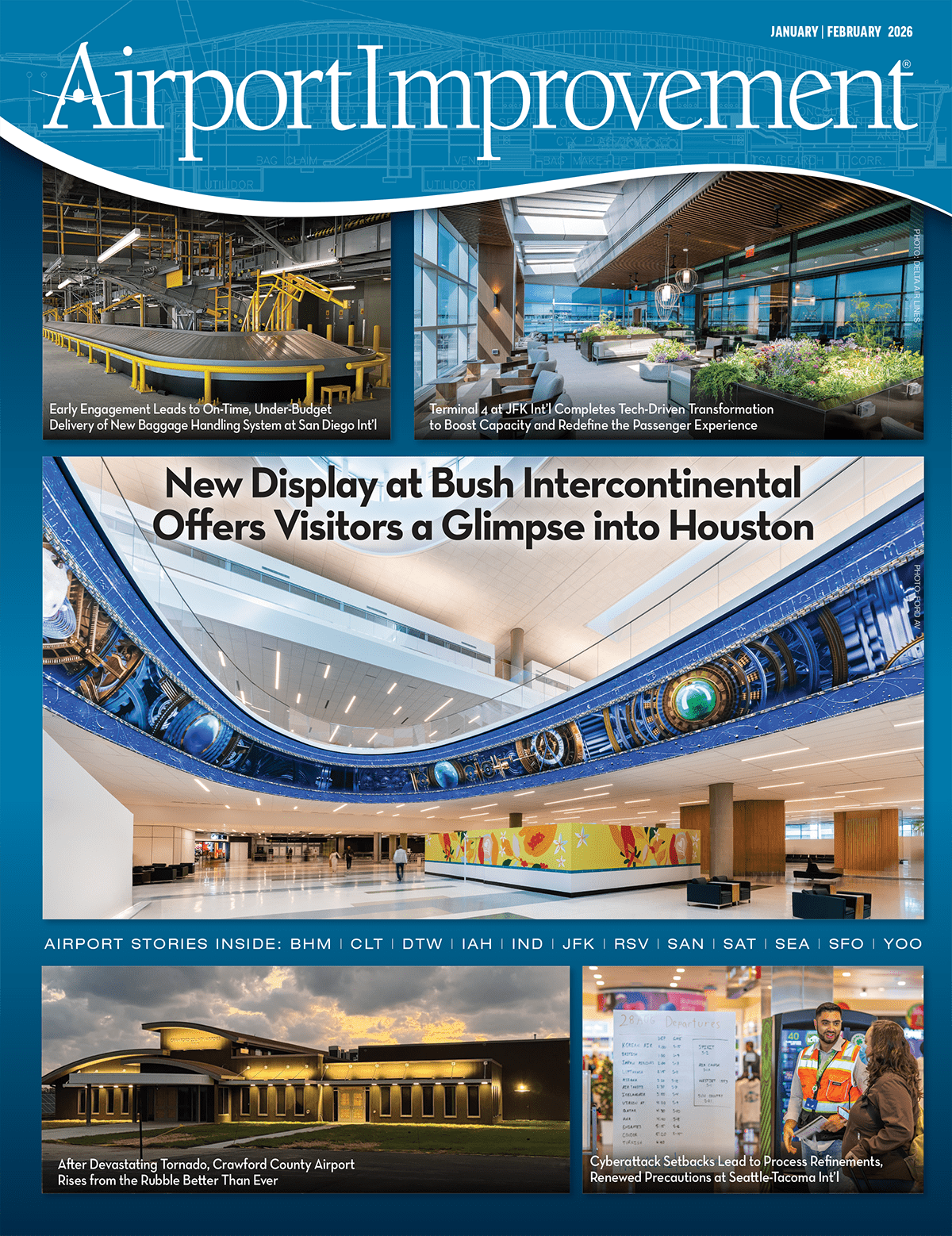Passengers and workers at Baltimore/Washington International Thurgood Marshall Airport (BWI) who need medical assistance no longer have to wonder if there’s a doctor in the house. In August, the airport opened a full-service urgent care clinic in its main terminal; and the new facility typically treats approximately 50 to 60 patients per day.
Passengers and workers at Baltimore/Washington International Thurgood Marshall Airport (BWI) who need medical assistance no longer have to wonder if there’s a doctor in the house.
 In August, the airport opened a full-service urgent care clinic in its main terminal; and the new facility typically treats approximately 50 to 60 patients per day. The 766-square-foot clinic is centrally located in a pre-security area, near Concourse C.
In August, the airport opened a full-service urgent care clinic in its main terminal; and the new facility typically treats approximately 50 to 60 patients per day. The 766-square-foot clinic is centrally located in a pre-security area, near Concourse C.
Jaimini Erskine, director of commercial management for the Maryland Aviation Administration, reports that the clinic had treated about 1,800 patients by late September, and most were coming for COVID-19 testing.
|
facts&figures Project: Medical Clinic Location: Baltimore/Washington Int’l Thurgood Marshall Airport Airport Owner/Operator: Maryland Aviation Administration Passengers (pre-COVID): about 27 million annually Concession Management: Fraport USA Medical Services Provider: FirstCall Medical Center Clinic Opened: Aug. 2021 Facility Size: 766 sq. ft.; 5 exam rooms Buildout Costs: $350/sq. ft. Funding: FirstCall Medical Center Primary Services: Emergency & first-aid care; COVID-19 & travel vaccinations; infectious disease testing; drug screenings; worker compensation exams; physical & eye exams; dispensing medications & medical equipment such as braces & crutches Staff: 1 nurse practitioner or physician’s assistant; 2 medical assistants; 2 front desk assistants; site manager; flex employee Average Traffic: 50-60 patients/day Average Visit: About 30 min. Peak Usage: 8 a.m.-2 p.m. Key Benefits: Quick, accessible basic health care for travelers & airport, airline & concessions employees; fast COVID-19 tests & vaccinations; convenient source for travel vaccinations; less downtime for airport vendors with employees who test positive for COVID; less time off needed by employees for doctor visits; QR code technology facilitates online registration for patient convenience & to eliminate lines outside clinic |
“We’ve thought about putting a medical facility in BWI Marshall for years,” Erskine says, noting that the Maryland Aviation Administration owns and operates BWI and Martin State Airport through the Maryland Department of Transportation. “We think of our airport as a small city, so including medical services makes sense. We’re always looking for new and innovative services that address passengers’ and employees’ needs.”
The clinic at BWI is among just a handful of similar airport-based facilities nationwide, says Gary Gilliard, vice president of Fraport Maryland Inc., a division of Fraport USA, an airport concessions management and development firm owned by Fraport AG of Germany.
Fraport manages all concessions at BWI, including subleasing space to concessionaires, under a prime contract with Maryland Aviation Administration. In turn, Fraport pays the airport a percentage of the rent collected from concession operators.
The cost of building out the new clinic was about $350 a square foot. FirstCall Medical Center, the medical group that operates BWI’s new clinic and several facilities throughout the region, paid for construction expenses.
Emerging Trend
Airports throughout the U.S. are quickly installing medical clinics—a development driven mainly by the pandemic.
“Most airports have departments for medical emergencies that can transfer patients to nearby medical facilities,” Gilliard explains. “But the concept of walking into an onsite urgent care clinic is just starting to emerge at airports as an essential service that benefits the public.”
At BWI, the clinic’s core clientele includes airport, airline and vendor employees, who enjoy the convenience of being able to access health service onsite. It also benefits businesses that have employees who test positive for COVID, Gilliard observes.
“Before, if we had a restaurant employee test positive, that business had to shut down for up to three days while it waited for employee test results and officials to do contact tracing,” he explains. “Now, we’re talking just hours. So there’s an economic gain if we can keep the airport functioning safely.
“It’s not very convenient if there’s no clinic.”
Urgent & Routine Care
Seeds for the new clinic were planted about five years ago.

“I always thought an airport would be a great place for an urgent care clinic,” says Dr. Ron Elfenbein, owner and medical director for FirstCall. “People thought it was either a stroke of genius or insanity.
“But you have a captive audience already walking through the airport with no access to health care. Plus airport employees get hurt or sick or need shots,” he continues. “I thought it would be a win-win proposition.”
Gilliard notes that planning for the clinic started long before the pandemic began. “But after COVID hit, there was an urgent need for testing and vaccinations,” he recalls. “COVID moved the project front and center.”
The clinic is open from 6 a.m. to 9 p.m. daily. It offers a wide range of services, including:
- emergency care and first aid,
- COVID-19 and other travel vaccinations,
- testing for infectious diseases,
- drug screenings,
- exams for workers’ compensation cases,
- routine physical and eye exams,
- dispensing medication (intravenously or orally), and
- issuing medical equipment such as braces and crutches
“We can do just about anything most urgent care facilities can do, except for X-rays,” Elfenbein notes. “But we can do those at our main facility, which is about 20 minutes down the road.”
The clinic also offers occupational therapy for airport, airline and concession employees.
Technology Minimizes Lines
The clinic has five exam rooms and is staffed with one nurse practitioner or physician’s assistant at all times. Other employees include two medical assistants, two front desk assistants, a site manager and a flex employee capable of handling medical assistant or front-desk duties.
To minimize wait times and maintain social distancing protocols, patients can use their cellphones to scan a QR code posted on about one dozen promotional signs located throughout the airport. The code also is available on digital advertisements that appear on the cellphones of people using the airport’s Wi-Fi network.
 “It hits just about everybody who enters the airport,” says Gilliard. “We use digital marketing on the airport’s free Wi-Fi venue to connect with travelers throughout BWI.”
“It hits just about everybody who enters the airport,” says Gilliard. “We use digital marketing on the airport’s free Wi-Fi venue to connect with travelers throughout BWI.”
The QR code links to an app that patients use to fill out registration paperwork. Once the paperwork is submitted, they receive an appointment time via text.
“We leveraged technology to accommodate a lot of people without things getting too crazy and hectic,” Elfenbein explains. “This way, there’s not a lot of people standing in line outside the clinic, waiting for an appointment.”
The airport wanted to prevent lines from forming outside the clinic due to concerns regarding social distancing and fire regulations about blocking aisles. Having passengers wait in a lounge area provides them with a more pleasant and socially distanced experience, Gilliard adds.
Payment Details
The clinic accepts most health insurance plans and cash. To boost transparency, a posted menu lists the prices of some services, including a basic visit and various ala carte tests.
“It’s a pet peeve of mine that people never know how much medical services are going to cost,” Elfenbein remarks.
Most days, the clinic handles an average of 50 to 60 people, but it has tended to up to 161 patients in one day. “You never can tell how many people will show up,” says Elfenbein.

Gilliard reports that the average patient stay is about 30 minutes and peak usage is between 8 a.m. to 2 p.m.
Within the next 18 months, the clinic will likely expand and offer more services, such as physical therapy and “gate calls,” the in-airport equivalent of house calls.
Food for Thought
When asked about advice for other airports thinking about adding a medical clinic, Elfenbein advises them to temper their expectations about timelines and costs.
“Everything takes longer and costs more than you expect,” he remarks. “But you have to persevere. It’s a great service to offer to people because it provides yet another level of service for both airport employees and travelers who have no other option.
“You also can think of it as another fringe benefit for airport employees,” he adds. “Every little thing you can do to entice people to work for you is a plus.”
Gilliard says that it’s important to fully vet the medical organization that will staff and operate a clinic. Your provider must have great credentials and the right operational experience to deliver services effectively, he emphasizes.
“There’s a lot more to it than just having needles and giving vaccinations,” he cautions. “We turned down companies that lacked the standards and delivery of services we were looking for.”
Gilliard notes that it’s also crucial to communicate effectively about a new clinic—to anticipate questions people might have and to provide answers that put their minds at ease. “There are a lot of concerns among the public (regarding healthcare), so we worked with FirstCall to create an informational brochure that’s distributed at the airport’s information desks and at the clinic,” he explains. “It answers a lot of questions by putting facts in front of people,” he says.
Airports and medical providers also must make patients feel welcome and create a non-threatening environment, compared to more intimidating large hospitals, adds Gilliard.
Erskine says her best advice for other airports is to start planning for a clinic.
“I would say it’s important for both passengers and employees—a huge benefit all the way around,” she summarizes. “If airports don’t have one, they should do whatever they need to do to get one.”


